I have learned the guilt of indifference. The opposite of love is not hate but indifference
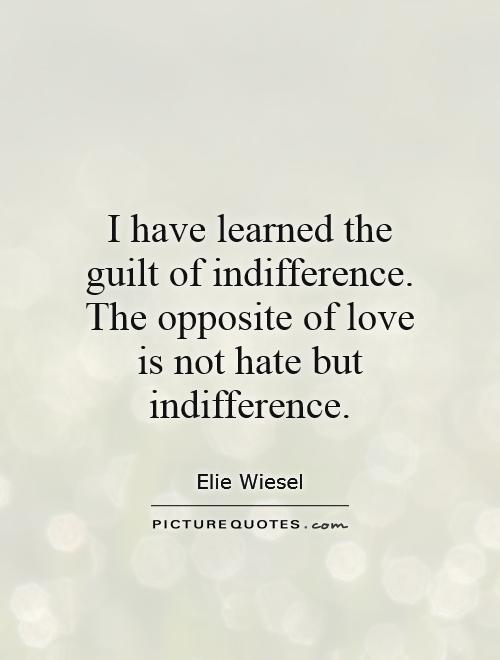
I have learned the guilt of indifference. The opposite of love is not hate but indifference
Elie Wiesel, a Holocaust survivor and Nobel laureate, is known for his powerful words and unwavering commitment to speaking out against indifference and injustice. Throughout his life, Wiesel witnessed the horrors of the Holocaust and experienced firsthand the devastating effects of indifference. He understood that the opposite of love is not hate, as many believe, but rather indifference.Wiesel's experiences during the Holocaust taught him the profound impact of indifference on individuals and society as a whole. He saw how indifference allowed the atrocities of the Holocaust to occur, as people turned a blind eye to the suffering of others. Wiesel understood that indifference is not simply a lack of caring, but a conscious choice to ignore the suffering of others and remain silent in the face of injustice.
Wiesel's words, "I have learned the guilt of indifference. The opposite of love is not hate but indifference," reflect his deep understanding of the human condition and the importance of speaking out against injustice. Wiesel believed that indifference is a dangerous force that can lead to the perpetuation of violence and oppression. He knew that in order to create a more just and compassionate world, individuals must actively resist indifference and stand up for what is right.
Wiesel's commitment to fighting indifference is evident in his work as a writer and activist. He used his platform to raise awareness about the Holocaust and other instances of genocide, and to advocate for human rights and social justice. Wiesel believed that by speaking out against indifference and bearing witness to the suffering of others, individuals can make a difference in the world.
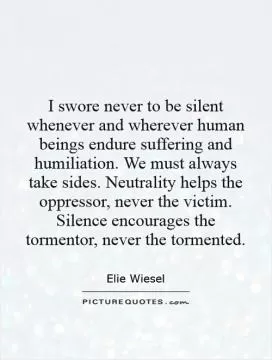
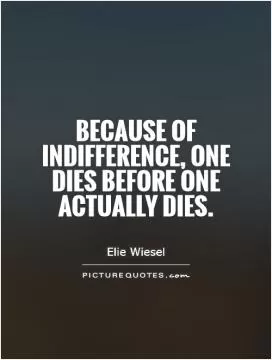


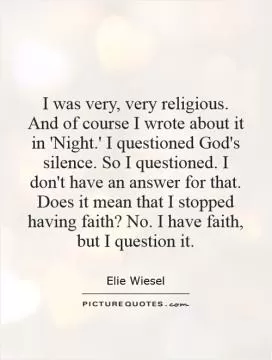
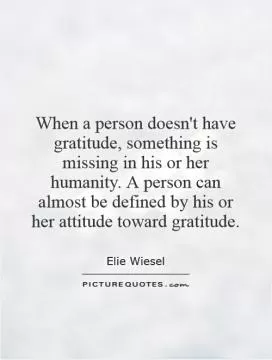
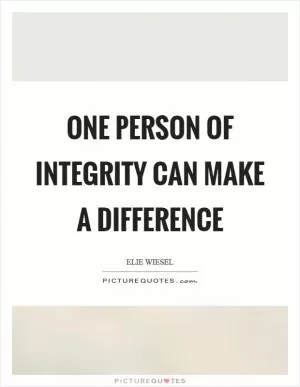

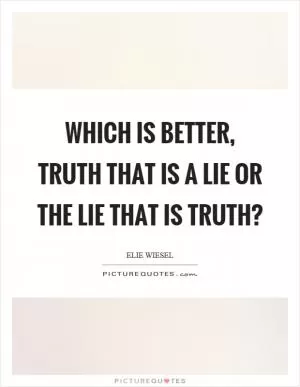
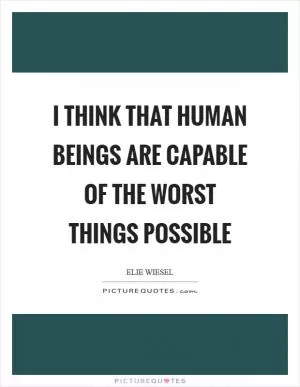

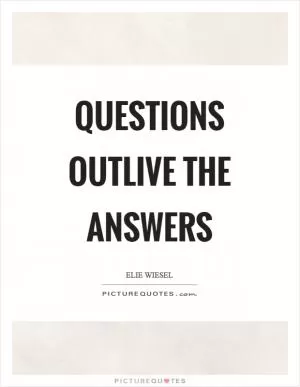
 Friendship Quotes
Friendship Quotes Love Quotes
Love Quotes Life Quotes
Life Quotes Funny Quotes
Funny Quotes Motivational Quotes
Motivational Quotes Inspirational Quotes
Inspirational Quotes